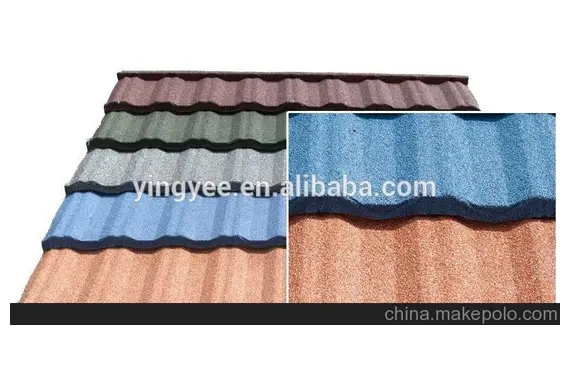
Understanding C-Channel Forming Machines and Their Applications
C-channel forming machines play a crucial role in the manufacturing and construction industries by producing C-shaped steel channels used in various applications. As versatile components, these channels are essential for creating structural frames, supports, and other frameworks in buildings and infrastructure. In this article, we will explore the technology behind C-channel forming machines, their processes, and their diverse applications.
What is a C-Channel Forming Machine?
A C-channel forming machine is a specialized piece of equipment designed to shape and form steel strips into C-shaped channels. The machines operate through a series of rollers that gradually bend and shape the material as it passes through. They typically work with cold-rolled or hot-rolled steel, allowing manufacturers to produce channels in varying thicknesses and sizes depending on the requirement.
These machines are also known for their precision and efficiency. They can operate at high speeds, producing large quantities of channels in a short amount of time. Modern C-channel forming machines are often equipped with advanced technology, including programmable logic controllers (PLC) for automated operation, monitoring, and quality control.
The Forming Process
The process of C-channel forming generally involves several stages
1. Material Preparation The process begins with selecting the appropriate steel strip and ensuring it meets the required specifications. The material is usually cut to length and inspected for defects.
2. Feeding The steel strip is fed into the machine where it is aligned and positioned properly.
3. Roll Forming The core of the process, roll forming involves a series of rollers that progressively shape the strip into a C-profile. Each set of rollers applies a specific bend or angle, incrementally transforming the flat steel into a C-channel.
4. Cutting Once the desired length is achieved, the C-channels are cut to size. This can be done using pneumatic or hydraulic cutting tools that ensure clean and precise cuts.

Applications of C-Channels
C-channels are widely used across various industries due to their strength and versatility
- Construction In the construction industry, C-channels serve as structural supports, floor joists, and other critical components in building frameworks. Their shape provides excellent load-bearing capabilities.
- Manufacturing They are commonly used in manufacturing environments for creating racks, shelves, and supports for machinery.
- Automotive In the automotive industry, C-channels can be found in the frames and supports of vehicles, contributing to their overall structural integrity.
- Railways C-channels are also utilized in railway infrastructure, particularly for supporting tracks and platforms.
- Electrical enclosures Used in making sturdy housings for electrical equipment and distribution boards, C-channels help safeguard sensitive electronics.
Conclusion
C-channel forming machines are invaluable tools in modern manufacturing and construction. By producing high-quality, precision-engineered C-channels, these machines not only ensure structural integrity but also enhance the efficiency of production processes. As industries continue to evolve, the demand for C-channel forming machines is expected to grow, driven by advancements in technology and the need for robust construction materials.
In summary, the functionality and efficiency of C-channel forming machines underscore their significance in various sectors. The ability to create customized products at scale makes these machines a vital asset for manufacturers looking to meet the demands of contemporary construction and manufacturing projects. Whether it's providing structural support or serving as a central component in modern machinery, C-channels produced by these forming machines will continue to play a critical role in the infrastructure of our society.